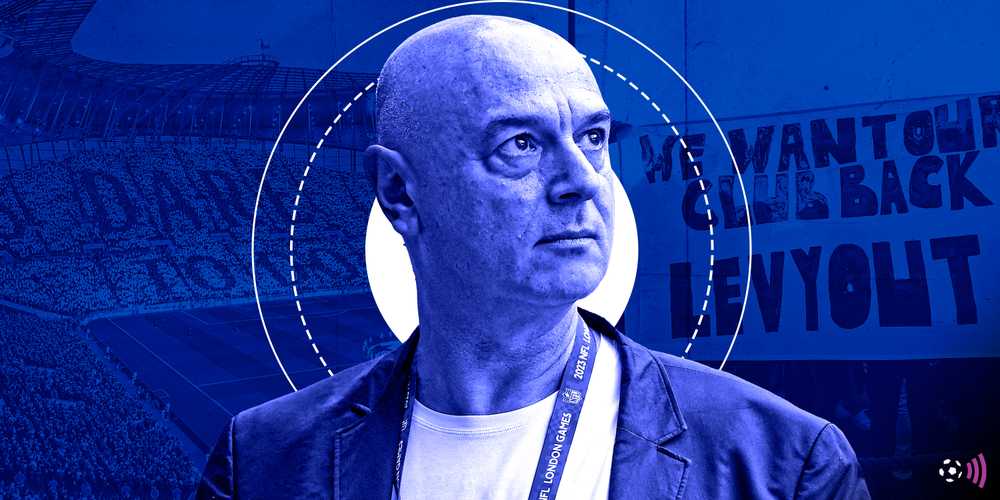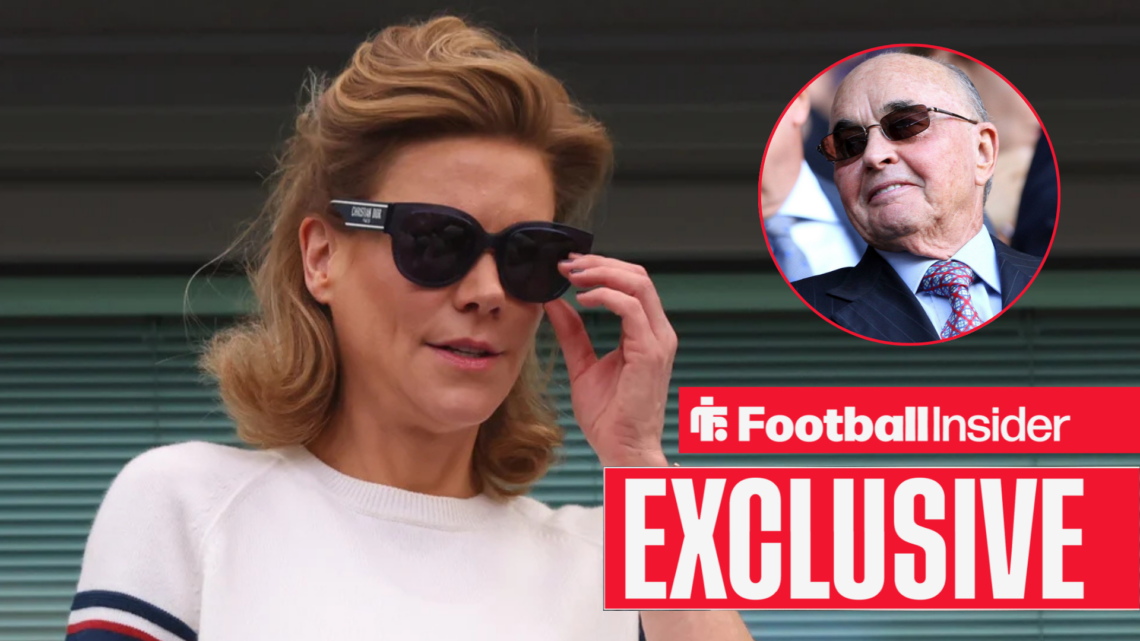The landscape of English football ownership is rarely static, and the sudden departure of a long-serving chairman often acts as a catalyst for much larger changes.
The recent news that Daniel Levy has stepped down from his role as executive chairman of Tottenham Hotspur after twenty-four years has sent ripples far beyond North London, sparking intense speculation about the club’s future direction.
While the official statement insisted this move would not affect the club’s ownership structure, sources with knowledge of the situation indicate that significant conversations are already underway, potentially heralding a new era for the Spurs.
According to exclusive information, talks have been ongoing in the background with not one, but two separate parties interested in securing a takeover deal.
This suggests that Levy’s exit may be the first step in a carefully orchestrated plan to transition the club to new ownership.

The first group is believed to be a Qatar-based consortium, spearheaded by the well-known figure of Amanda Staveley.
Her involvement is particularly intriguing given her instrumental role in brokering the Saudi-backed takeover of Newcastle United, which transformed the Magpies into a competitive force almost overnight. Her experience and connections in high-level football investment make her a formidable player in any negotiation.
The second party involved in the discussions is reported to be an American investment group. US-based capital has been increasingly drawn to the Premier League in recent years, attracted by its global audience and immense revenue potential.
Groups like MSP Sports Capital have previously been linked with Tottenham, and their model of multi-club ownership and data-driven investment aligns with modern football trends.
The presence of two serious suitors creates a competitive dynamic that could accelerate the process and push the valuation of the club even higher.
That valuation is a key part of the story. Earlier reports suggested that any takeover deal could value Tottenham at a staggering £5 billion.
This astronomical figure is a testament to the incredible commercial powerhouse the club has become under Levy’s stewardship.
While his tenure was often divisive among fans frustrated by a lack of trophies, his legacy off the pitch is undeniable.
He leaves the club in an exceptionally strong financial position, largely thanks to the crown jewel of his project: the state-of-the-art Tottenham Hotspur Stadium.
This world-class arena is far more than just a football ground; it is a year-round entertainment destination. Hosting NFL games, major concerts, and corporate events, it generates revenue streams that most rivals can only dream of.
The latest accounts showed that while overall turnover saw a slight dip, commercial revenue actually increased significantly, jumping from £227.7 million to £255.2 million in a single year.
This proven ability to generate income is a central reason behind the intense takeover interest. Investors aren’t just buying a football team; they are acquiring a modern, multi-purpose entertainment business with a global brand.
It is understood that Levy himself may not have been fully aligned with the prospect of a complete sale, preferring to retain control and continue steering the ship he had built.
This potential disagreement over the club’s future direction may have been a contributing factor in his departure. With the Lewis family trust holding a 70.12% majority stake in ENIC, the ultimate decision rests with them.
Now, leadership falls to the new non-executive chairman, Peter Charrington, and CEO Vinai Venkatesham. Their immediate task is to provide stability while these pivotal takeover discussions unfold in the background.
On the pitch, new manager Thomas Frank has made a solid start, and the performance of the team will be closely watched by any prospective buyer.
The coming months promise to be a defining period in Tottenham’s history. The departure of its long-term architect, coupled with serious interest from deep-pocketed investors, suggests the club is at a major crossroads.
One path leads to a continuation of the current project; the other could lead to a transformative injection of capital and ambition, akin to what happened at Newcastle.
For the fans who have longed for a team that can consistently challenge for the biggest prizes, the latter possibility makes this a moment of nervous but undeniable excitement.

